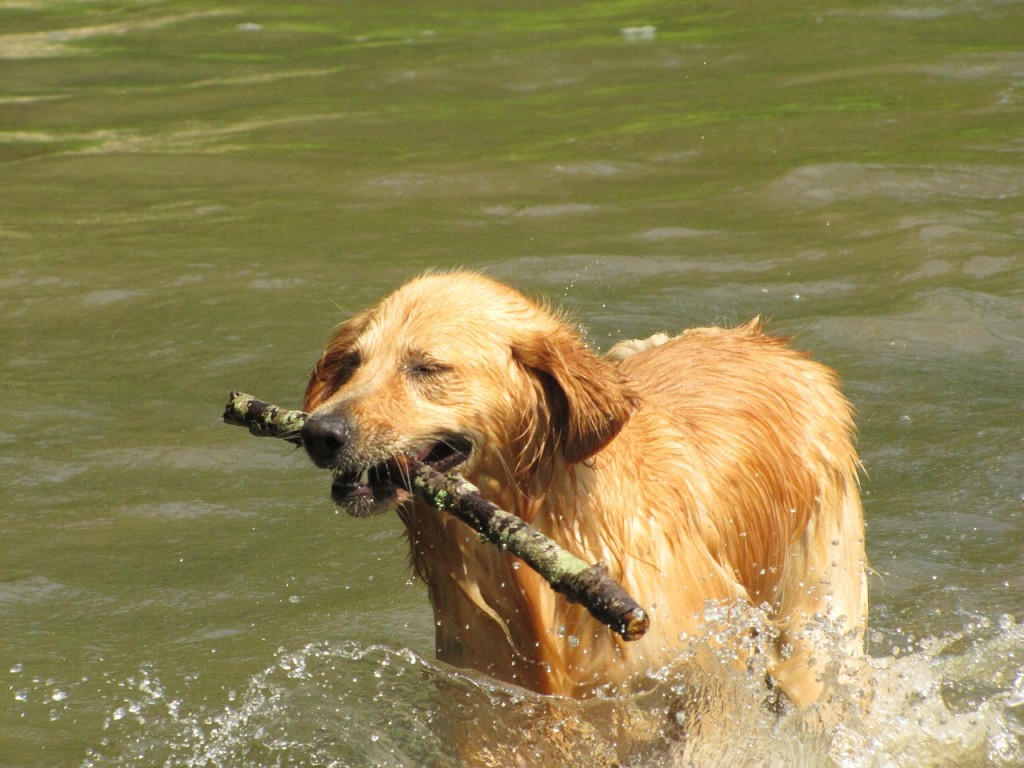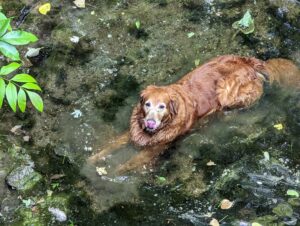
As a devoted pet owner, ensuring your furry friend is happy and healthy is a top priority. One crucial aspect of your dog’s well-being is maintaining proper hygiene through regular baths. However, the question of Dog washing frequency isn’t a one-size-fits-all answer. Various factors come into play, influencing the ideal bathing frequency for your canine companion.
Consider Your Dog’s Breed
Different dog breeds have distinct coat types and maintenance needs. Long-haired breeds like Shih Tzus or Golden Retrievers may require more frequent baths to prevent matting, while short-haired breeds like Dachshunds may not need as frequent washing. Research your dog’s breed to determine the specific grooming requirements.
Skin Type and Sensitivity
Just like humans, dogs can have varying skin types – some have oily skin, while others may have dry or sensitive skin. Washing your dog too frequently can strip away natural oils, leading to skin irritation and dryness. On the other hand, dogs with skin conditions might need more frequent baths as part of their medical care. Consult with your vet to establish the right balance for your dog.
Outdoor Activities
Dogs that love to roll in the mud, play in the grass, or swim in lakes will naturally require more frequent baths. Outdoor activities expose your dog to various elements that can affect their coat and skin health. If your dog is an outdoor enthusiast, consider a bathing schedule that accommodates their adventurous spirit.
Allergies and Environmental Factors
Allergies, whether food-related or environmental, can impact your dog’s skin health. If your pup is prone to allergies, washing them regularly can help remove potential irritants and provide relief. Discuss your dog’s allergy profile with your vet to determine an appropriate dog washing frequency.
Dog Washing Frequency Will Help With Odor Control
Every dog owner has faced the challenge of a smelly pup at some point. While regular grooming and brushing can help control odors, bathing is essential to eliminate stubborn smells. Adjust your dog’s bathing frequency based on their individual odor level and your tolerance for pet aromas.
Age Matters
Puppies and senior dogs have different grooming needs. Puppies tend to get into messes more frequently and may require more frequent baths during their playful stages. Senior dogs may have mobility issues, making regular baths a bit more challenging. Adjust the bathing routine to accommodate your dog’s age and health status.
Health and Medical Conditions Will Affect Dog Washing Frequency
Certain health conditions may necessitate more frequent baths as part of a treatment plan. Skin infections, parasites, or chronic conditions may require special shampoos and regular bathing. Work closely with your vet to develop a grooming routine that complements your dog’s overall healthcare.
DIY vs. Professional Grooming
While some dog owners prefer the DIY approach to grooming, others enlist the help of professional groomers. If you’re unsure about the right bathing frequency, consult with a groomer who can provide personalized advice based on your dog’s specific needs.
Click on this link for more information about dog grooming.
Conclusion
In conclusion, there’s no one-size-fits-all answer to the question of how often you should wash your dog. The key is to understand your dog’s individual needs, considering factors such as breed, skin type, outdoor activities, and health conditions. Regular grooming not only keeps your pup looking and smelling fresh but also contributes to their overall well-being. Remember, a happy, healthy dog is a well-loved and well-cared-for companion.





